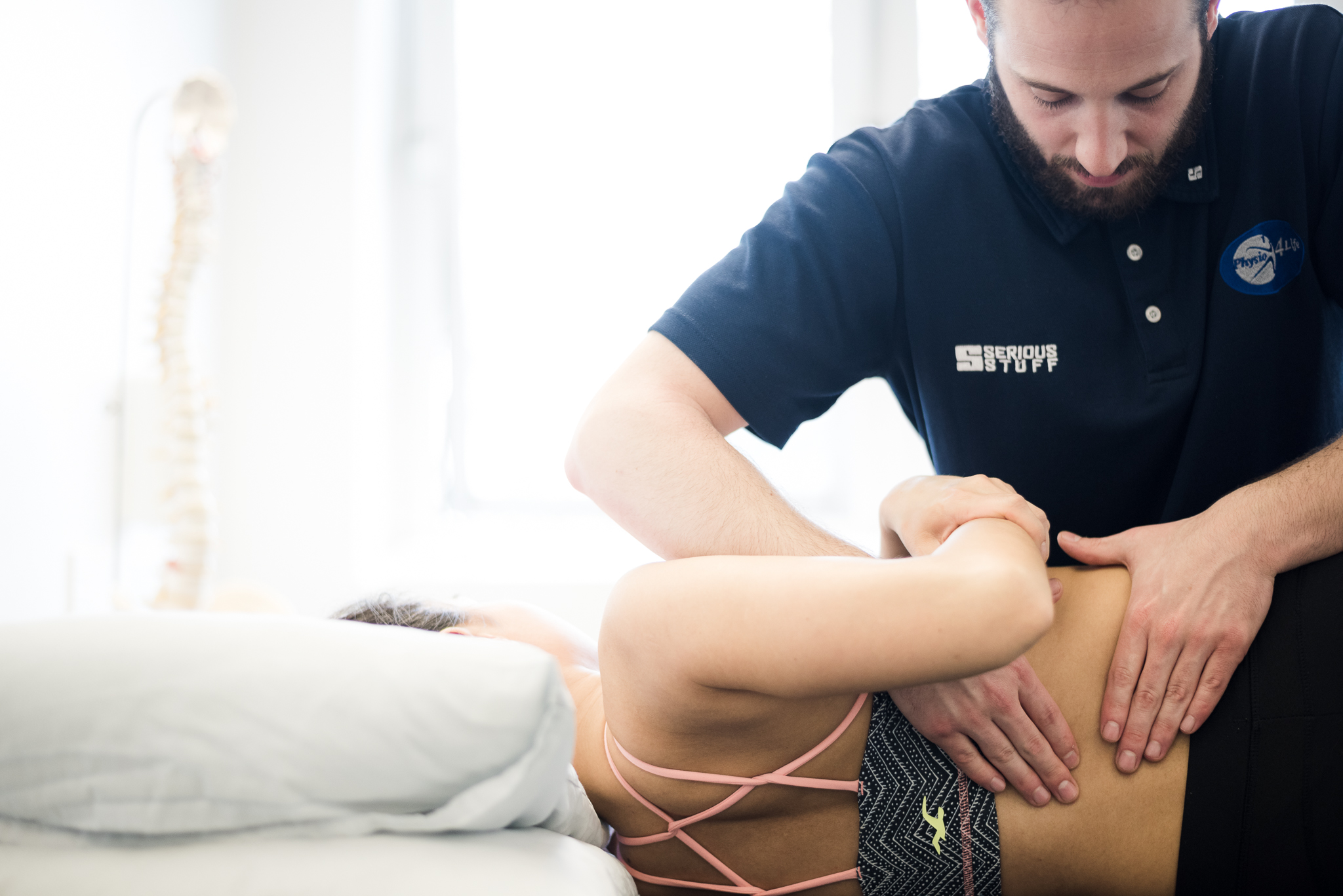
| |
|
INJURY TITLE
| Cervical Disc Prolapse ‘slipped disc in the neck’ |
INJURY OVERVIEW
| Commonly called a ‘slipped disc’ no actual slipping of the disc occurs. A prolapse includes displacement of the content of the disc. |
INJURY IN-DEPTH INFORMATION
| There are two types of prolapse:
1) When the content of the disc makes the outer edges of the disc stretch causing the disc to bulge. 2) When the content of the disc escapes the outer edges of the disc causing it to rupture.
The discs in the neck are different to those in the rest of the spine so the second type of prolapse is rare. Commonly the disc will bulge backwards into a space called the spinal canal. |
COMMON SIGNS & SYMPTOMS
|
HOW IS IT ASSESSED
|
GENERAL TREATMENT
|
Exercise Videos: i.e.
|
WHICH HEALTH PROFESSIONAL TO CONSULT
|
PHYSIO X |
MEDIC X |
PODIATRY |
Put an ‘X’ next to each health professional that most commonly deals with this injury.
i.e. tennis elbow would be Physio and Medic as injections are common, whereas for muscular LBP it would be Physio and not Medic as they would just refer them to a Physio.



